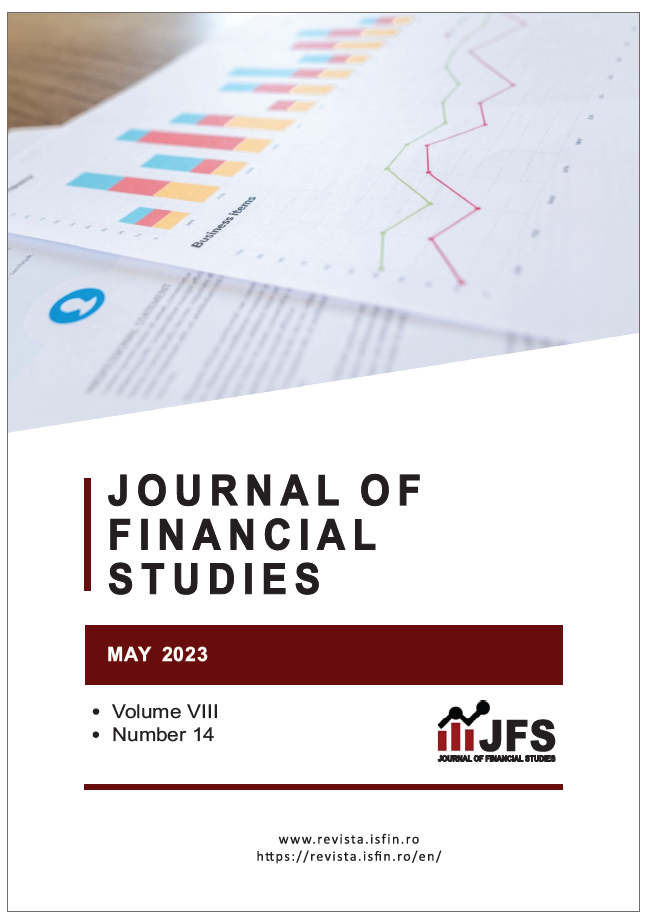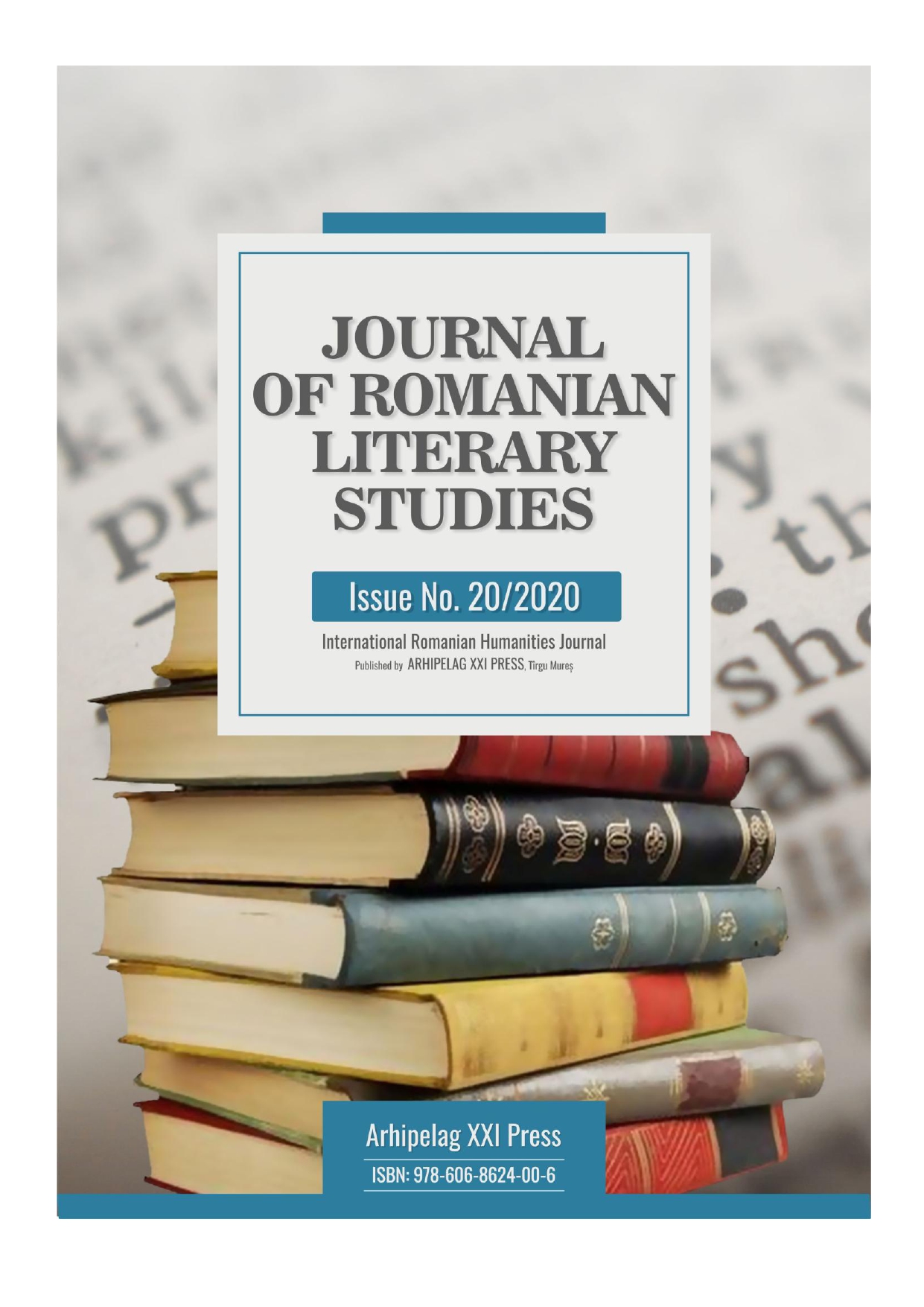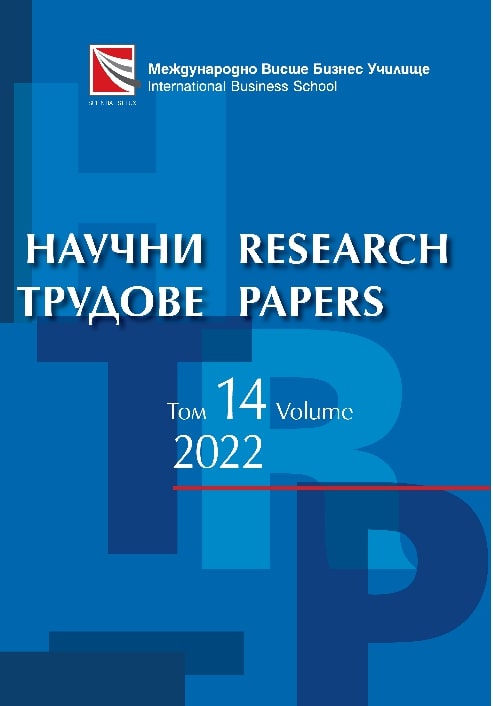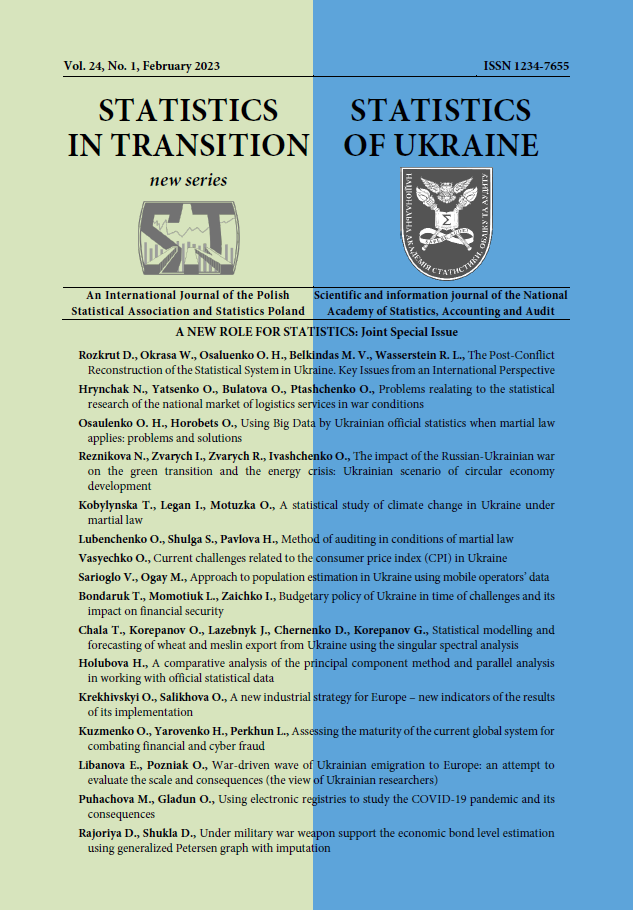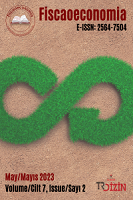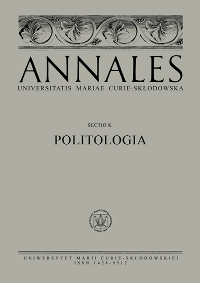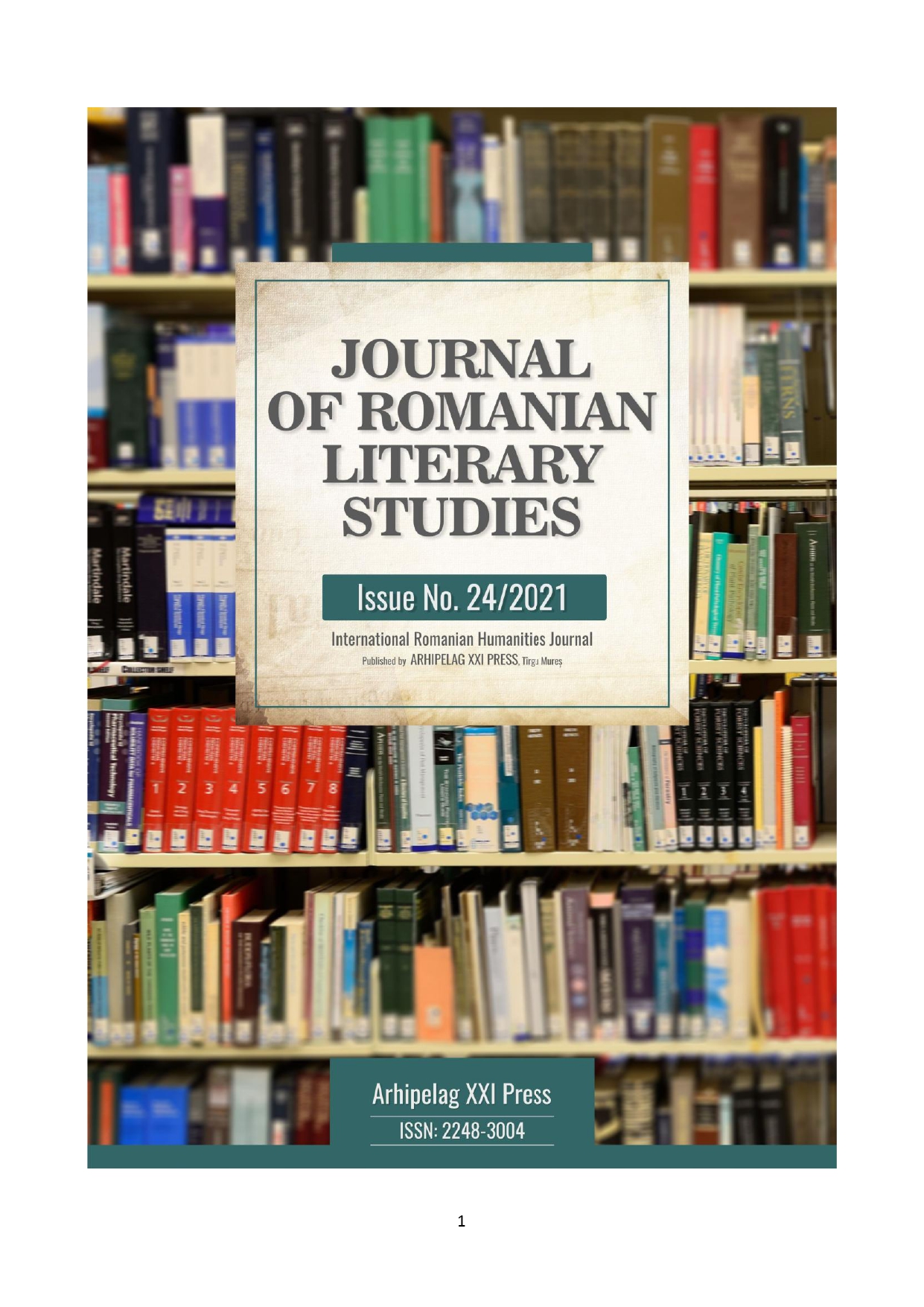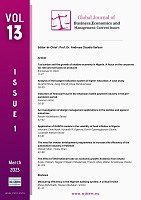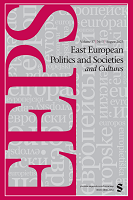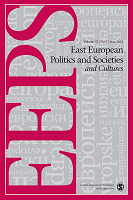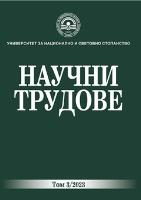Author(s): Üyesi Fatih ÇAM / Language(s): Turkish
Issue: 59/2023
Since the establishment of the Republic, the presence of non-commissioned officers, who play an active role in the Turkish Armed Forces and have an important position at the tactical and strategic level, has become increasingly important with the formation of cadres in accordance with western standards. This research aims to reveal the problems of the non-commissioned officer status in the TAF within the Turkish administrative organization in terms of public financial management, wage regime, and management sciences dynamics. Determining the negative effects of these problems on non-commissioned officers, especially starting from the 1950s, and reaching innovative solutions in the light of the findings are among the main objectives. Within the scope of the research, factors such as status, wage regime, and career satisfaction for retired noncommissioned officers in the Turkish Armed Forces are discussed in terms of public financial management concepts and management sciences perspective. In the research, due to the formal nature of the research universe, special attention was paid to the use of open data sources for non-commissioned officers. Secondly, “retired non-commissioned officers” who volunteered to participate in the study were expected to answer the research questions through communication/computer technologies. In addition to basic determinant questions (age, gender, education level, etc.), income status, life satisfaction, and pay satisfaction scales were used. Exploratory factor analysis, correlation analysis, and regression analysis were applied to the data obtained. As a result of the analyses, in line with the initial assumptions, problems related to the wage regime, the existence of damaged work peace, and problematic areas in corporate identity perception, which are far from job satisfaction and specific to large structured organizations, were identified.
More...
